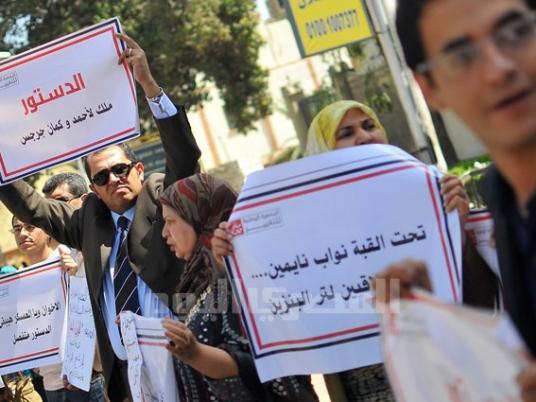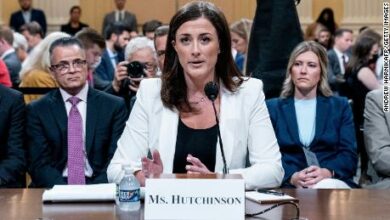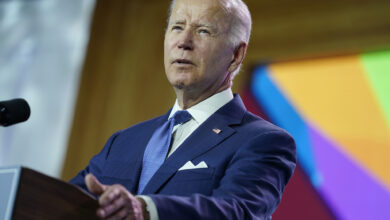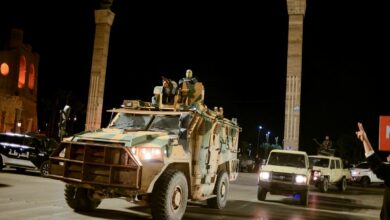
Egypt's Parliament has for the second time approved an assembly to draft a new constitution after the first attempt was criticized for including too many Islamists.
But the list of 100 names immediately triggered similar objections from liberals and Christians, raising the prospect of fresh legal challenges to the new assembly in the courts – the latest hurdle in Egypt's bumpy transition to democracy.
The delays mean the new president will not know the extent of his powers when he is elected in a runoff vote this weekend.
Islamists hold about two-thirds of the seats in Parliament, leading to fears among liberals that they will again be sidelined in the new Egypt, despite their contribution to the overthrow of Hosni Mubarak's military-backed autocracy last year.
The presidential runoff adds to those fears, pitting Mohamed Morsy, a member of the Muslim Brotherhood, against Ahmed Shafiq, a former air force general who was Mubarak's last prime minister.
The main parties in Parliament said last week they had reached an agreement on the shape of the constitutional assembly, and both houses approved the list late on Tuesday.
"This assembly saw many twists that hindered it for some time, but in the end it was formed to represent all Egyptian groups," parliamentary speaker Saad al-Katatny told a joint session of both houses.
Katatny, who resigned from the Muslim Brotherhood's party to take the speaker's post, said the list included 33 people from political parties including members of Parliament, as well as constitutional experts, judicial figures, Christian and Muslim clerics, union members and representatives of the army, police, government and Egypt's youth.
However, some liberal and independent members walked out in protest on Tuesday before the final agreement, saying the list would under-represent women, intellectuals and the Christians who make up a tenth of Egypt's 82 million people.
Amin Eskandar, a member of Parliament for the Karama Party, said there would be too many Islamists in the assembly, "just like in the previous one.”
Egypt's Coptic Orthodox, Anglican and Catholic churches withdrew their representatives from the first assembly, but have so far indicated they will remain in the latest one. Together those churches secured seven seats.
Egypt's prestigious Al-Azhar seat of Sunni learning has five seats. It also withdrew from the first body in solidarity with liberals, churches and others.
Handover of power
The ruling generals have pledged to hand power to a new president by 1 July as the climax of almost a year and a half of messy and often bloody transition to civilian rule, but the failure to establish a clear path towards a new constitution suggests more turbulence ahead.
All sides agree to the principle that the constitutional assembly should reflect a broad cross-section of society, but Islamists and liberals have argued about how the process is implemented in practice.
Egyptians want above all a constitution that distributes power more fairly than the one that underpinned Mubarak's rule.
Among the issues likely to stir most debate are the extent of presidential and parliamentary powers and the degree to which Islamic law, or sharia, will be applied.
The deal reached last week said there would be a broad 50-50 liberal-Islamist split in the assembly.
But rifts emerged almost at once when liberals accused the Islamists of filling the nominal liberal contingent with people from Islamic ideological backgrounds, such as Muslim clerics from Al-Azhar.
Liberal and leftist parties said on Monday they would renounce their seats in the new assembly.
One member of Parliament who withdrew, Abul Ezz al-Hariry, said he would challenge the new list in court.
Hariry, a presidential candidate who fell out of the race in the first round last month, was among a group of liberals and lawyers who successfully challenged the first assembly in April.
"An assembly in which Egyptians do not see themselves [represented] is the end of a transition in which they have been trying to kill the revolution and confiscate the future," said reformist politician Mohamed ElBaradei.
The Muslim Brotherhood's Freedom and Justice Party played down the liberals' criticism and walkout from Parliament.
"The withdrawal of some members does not represent a general theme," Brotherhood leader Farid al-Ismail told reporters outside the meeting hall. Katatny said 85 percent of eligible members of Parliament took part in the process of choosing the assembly.
Another former presidential candidate Hamdeen Sabbahi also rejected the new panel's make-up. "The way the assembly was formed by indicates a continuation of the tendency to seek domination (by one group) and exclusion of others," Sabbahi said.
"The revolutionary powers will not let one party exclusively write the constitution," he said.




